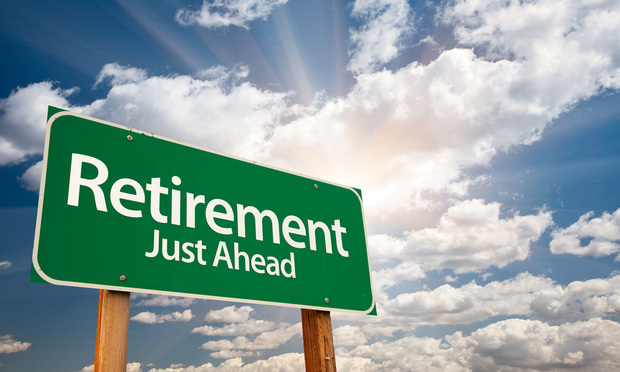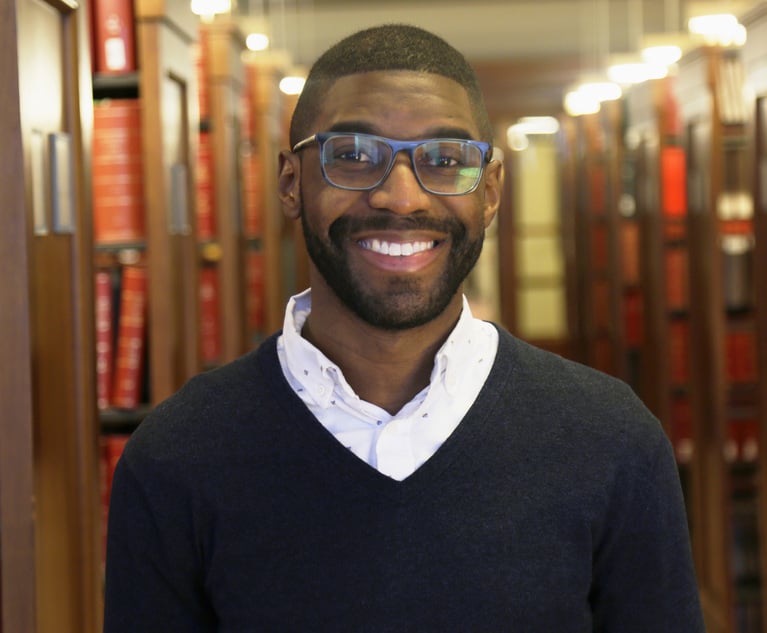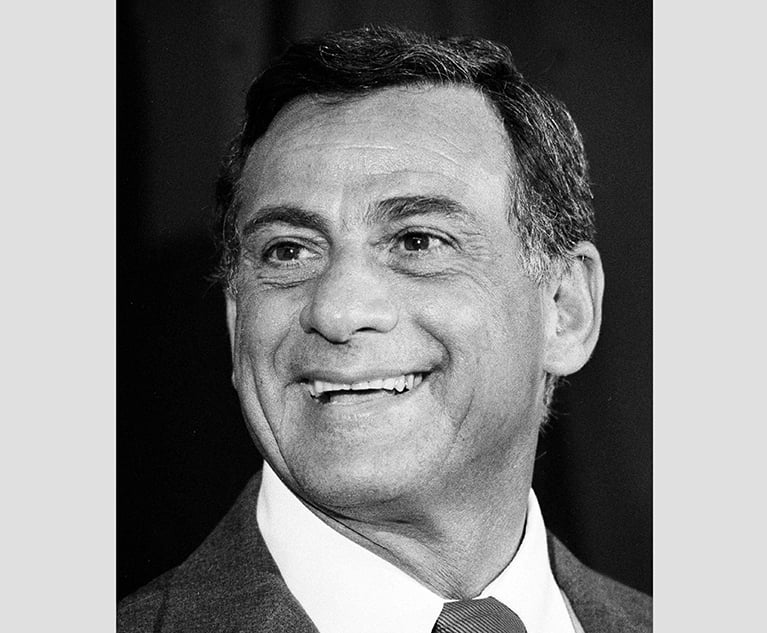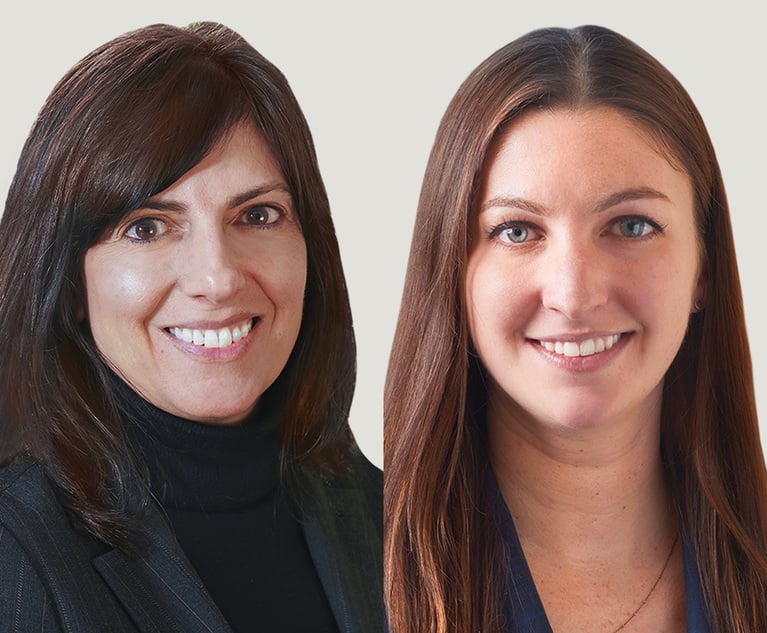 If you are a practicing New York attorney, you know what it is like to scramble at the end of the two-year biennial registration period: One needs 24 hours of Continuing Legal Education (CLE) credits to complete one’s registration. Many of those attorneys looking for CLE courses at the eleventh hour are unaware that the New York State CLE Board provides that you may partially fulfill your CLE requirements by doing pro bono work though an approved provider (although on a two-for-one basis, i.e., two hours of approved pro bono work for one free CLE hour’s credit up to a maximum of 10 credits in any two-year reporting cycle). Likewise, many of those attorneys are unaware of the Attorney Emeritus Program (AEP) which acts as a liaison between attorneys—retired or not—and approved AEP host organizations or court-sponsored programs.
If you are a practicing New York attorney, you know what it is like to scramble at the end of the two-year biennial registration period: One needs 24 hours of Continuing Legal Education (CLE) credits to complete one’s registration. Many of those attorneys looking for CLE courses at the eleventh hour are unaware that the New York State CLE Board provides that you may partially fulfill your CLE requirements by doing pro bono work though an approved provider (although on a two-for-one basis, i.e., two hours of approved pro bono work for one free CLE hour’s credit up to a maximum of 10 credits in any two-year reporting cycle). Likewise, many of those attorneys are unaware of the Attorney Emeritus Program (AEP) which acts as a liaison between attorneys—retired or not—and approved AEP host organizations or court-sponsored programs.
Founded in 2010 by former Chief Judge Jonathan Lippman, AEP’s original purpose was to match retired attorneys with low-income New Yorkers in need of civil legal assistance. Retired attorneys, who are exempt from the $375 biennial registration fee and CLE requirements, may still continue to practice law with an approved AEP host organization or court-sponsored program. AEP helps those retirees match their skills and interests with an approved pro bono opportunity and makes sure that the provider offers the retiree malpractice insurance (some pro bono providers do not). AEP, in effect, functions as a clearinghouse between attorneys—retired or not—who wish to donate their legal services to New Yorkers in need in civil legal matters.






